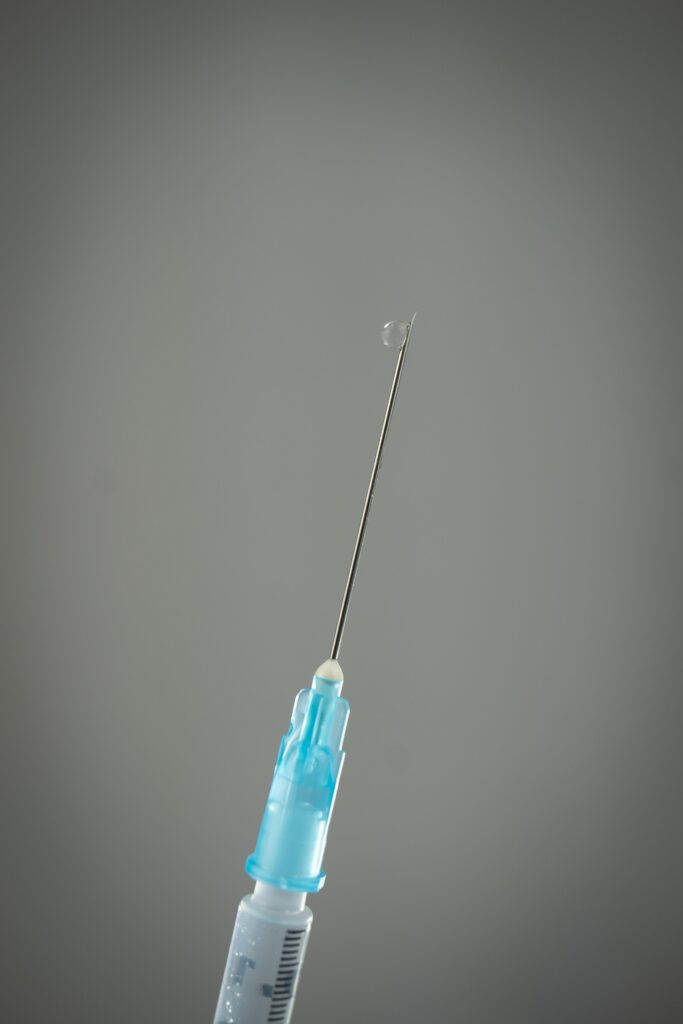Introduction
The plant kingdom is a treasure trove of bioactive compounds, many of which have been harnessed for their medicinal, nutritional, and other valuable properties. Phytochemical test, also known as phytotest, are laboratory methods used to detect and identify these plant-derived chemicals. This article will delve into the importance of phytochemical screening, the various tests available, and their applications in modern science.
Why are Phytochemical Tests Important?
Plants have evolved complex defense mechanisms against predators and environmental stresses. Resulting in the production of a vast array of secondary metabolites. These phytochemicals can exhibit a wide spectrum of biological activities, from antimicrobial and antioxidant effects to anticancer and anti-inflammatory properties. Phytochemical tests allow researchers to tap into this natural product reservoir, potentially leading to the discovery of novel therapeutic agents and nutraceuticals.
Types of Phytochemical Tests
Phytochemical screening encompasses a variety of qualitative and quantitative tests to detect different classes of compounds. These include:
- Alkaloid Tests: Dragendorff’s reagent and Mayer’s reagent are commonly used to detect the presence of alkaloids. A class of compounds that includes morphine, cocaine, and caffeine.
- Flavonoid Tests: The Shinoda test involves adding magnesium powder to an acidic plant extract. The formation of a red or purple color indicates the presence of flavonoids, which are known for their antioxidant activity.
- Terpenoid Tests: Liebermann-Burchard’s reagent is used to detect steroids and triterpenoids, while Salkowski’s test is specific for steroids. These compounds are known for their membrane-permeabilizing and anticancer activities.
- Phenolic Tests: Ferric chloride is often used to detect phenolic compounds, which include tannins, known for their astringent properties, and lignins, which provide structural support to plants.
Modern Techniques in Phytochemical Analysis
While traditional phytochemical tests are valuable for initial screening, they often lack specificity and sensitivity. Modern analytical techniques have revolutionized the field of phytochemistry:
- Chromatography: High-performance liquid chromatography (HPLC) and gas chromatography (GC) enable the separation, identification, and quantitation of individual phytochemicals in complex plant extracts.
- Spectroscopy: Ultraviolet-visible (UV-Vis), infrared (IR), nuclear magnetic resonance (NMR), and mass spectrometry (MS) provide detailed structural information about isolated compounds.
- Bioassay-Guided Fractionation: This involves linking phytochemical analysis with biological testing to pinpoint the bioactive components of a plant extract.
Applications of Phytochemical Tests
Phytochemical screening has far-reaching implications in various fields:
- Pharmaceuticals: The discovery of bioactive phytochemicals can lead to the development of novel drugs. For example, the Madagascar periwinkle plant has yielded vinblastine and vincristine, used to treat childhood leukemia.
- Nutrition and Health Supplements: Phytochemical tests can identify plants rich in beneficial compounds like antioxidants and fiber. Supporting the formulation of functional foods and dietary supplements.
- Agriculture: Screening for defense-related phytochemicals can aid in the breeding of crops with enhanced resistance to pests and diseases.
- Conservation: Phytochemical analysis can provide a scientific basis for the conservation of medicinally valuable plant species threatened by overharvesting or habitat destruction.
Conclusion
Phytochemical tests, or phytotests, are indispensable tools for unraveling the chemical diversity of the plant kingdom. As we continue to face challenges in human health and sustainable development. The importance of phytochemical screening will only continue to grow. By embracing both traditional and modern methods. Scientists can unlock the secrets of plants and harness their full potential for the betterment of society.
Source from Lifeasible
As a biotechnology company, Lifeasible is specialized in agricultural science. Offering a wide variety of agro-related services and products for environmental and energy solutions.
Our plant breeding and culture services support increasingly stringent safety and quality standards in the agricultural industry. Relying on our revolutionary techniques, various molecular breeding services. And molecular diagnostic methods are offered for a wider range of agriculture-related sectors. Meanwhile, extensive analytical solutions reach out to a wider community of researchers in environmental and energy fields. Holding a strong tie between biological innovation and transformation in the ecosystem. Lifeasible now leverages the expertise and strengths of each to create its unique platform that is accessible to all leaders working in agriculture, botany, biology, ecology and environmental science. Having taken on step forward, we also provide lab-to-field solutions that advance the breeding process for farmers and breeders. Diverse analytical tools are available for breeding or quality control purposes in identification and production of plants.

